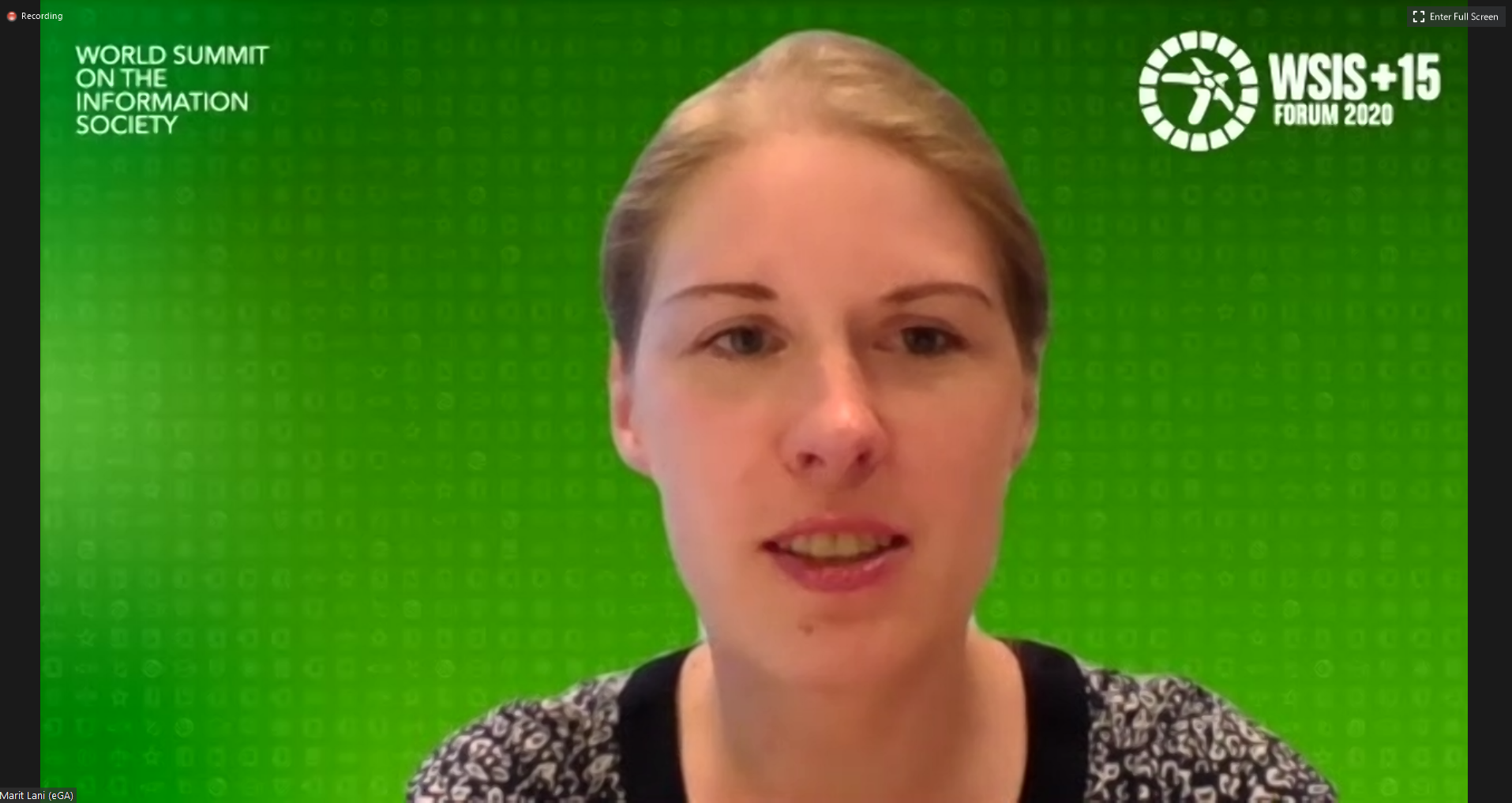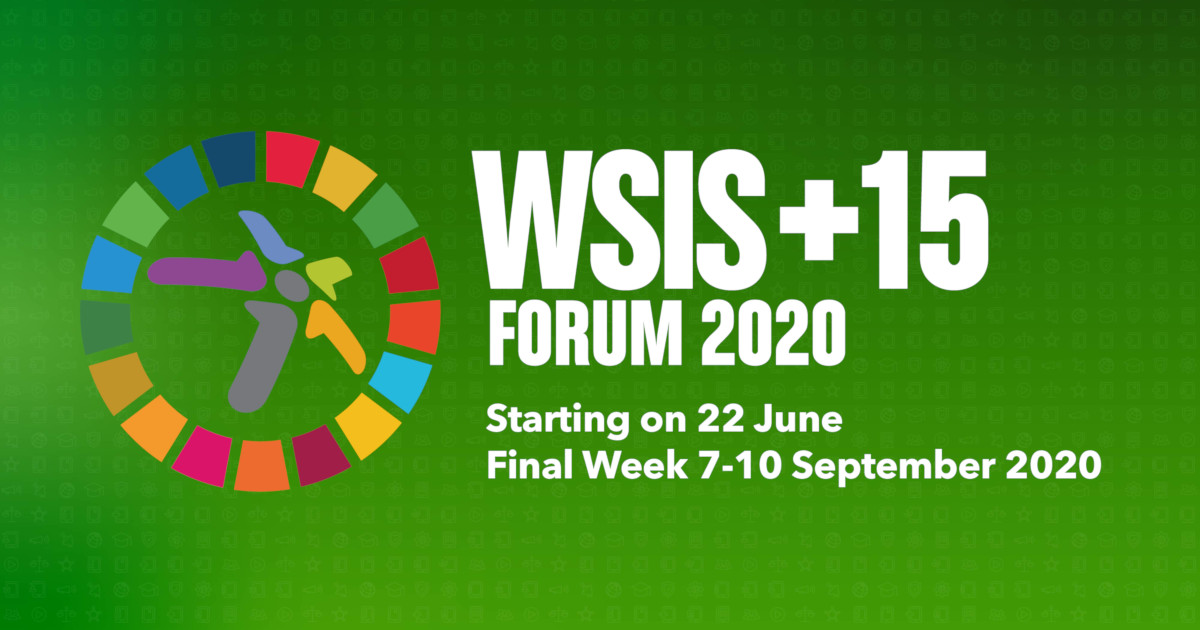Digital Maturity Assessment as key ingredient for Digital Transformation Roadmap
Estonia
Session 175
Governments all over the world are implementing digital transformation roadmaps to achieve their digital goals. To develop such a roadmap, a country needs to find answers to three rather simple questions:
1) Where are we now?
2) Where do we want to go?
3) How do we get there?
To help governments answer to the first question, the e-Governance Academy (eGA) has designed a universally applicable methodology to assess the digital capacities and maturity of a country or specific public institution. This Digital Maturity Assessment methodology focuses on 11 capacities ranging from e-government coordination and legal framework to secure data exchange and information security, and provides the most significant strategic input to planning digital transformation and setting realistic targets.
During this workshop, eGA experts will present the Digital Maturity Assessment methodology as well as share their observations, lessons learnt and recommendations for implementing public sector digital transformation roadmaps to those currently on the same journey.
e-Governance Academy is a non-governmental, non-profit organisation, founded for the creation and transfer of knowledge of e-governance, e-democracy and the development of civil society. eGA has provided e-governance and change management related consultancy services, study tours, trainings and conferences in Estonia and abroad since 2002. eGA plays a key role in e-government policy planning and implementation, including the formation of organisations responsible for developing a nation’s interoperability framework, as well as the development and management of the related legal and technical frameworks. To date, eGA has cooperated with more than 200 organisations and trained more than 6,500 officials in 130 countries and territories. Fore more information, please visit https://www.ega.ee.

Linnar is one of the founders of the e-Governance Academy and Programme Director of Smart Government.
Linnar has advised Estonian and many other governments on ICT and innovation policy and is internationally recognised as an IT visionary. He has been instrumental in the rapid development of Estonian computer and network infrastructure, as well as the Estonian internet voting and electronic signature projects.
Linnar has led and coordinated numerous ICT projects such as creating a digital governance roadmap in Sierra Leone, launching an electronic document management system and business communication system for the Ministry of Foreign Affairs of Mauritius, developing an analysis and a roadmap for the full deployment of e-governance systems in Africa, etc.
He is a former executive at several mobile communications, broadband and software companies, such as Skype and Fortumo, advisor at the Nordic Investment Bank, co-founder and a member of the board of the mobile services and software development company Mobi Solutions and the start-up Pocopay. Linnar is also a Member of the Supervisory Board of the European Institute for Innovation and Technology and a Member of the Advisory Board of the Lisbon Council for Economic Competitiveness and Social Renewal, which is a Brussels-based think tank and policy network.

Marit Lani works at the e-Governance Academy as a Project Manager in the smart governance team.
Marit has developed and managed international cooperation projects at the e-Governance Academy since 2013. She has been involved in the development of the Digital Maturity Assessment methodology and has been involved as an expert and project manager in several projects implementing digital maturity assessments and creating national digital governance roadmaps (e.g. Tunisia, Guyana, Barbados, Mauritius), implementing interoperability frameworks (e.g. Benin, Tunisia) and developing a national e-service portal (Benin).
Marit also acts as an expert for the National Cyber Security Index and is involved as an expert in the Estonia-UNDP Cooperation on Digital Transformation as Sustainable Development Pathway, launched in September 2018.
-
 C1. The role of governments and all stakeholders in the promotion of ICTs for development
C1. The role of governments and all stakeholders in the promotion of ICTs for development
-
 C2. Information and communication infrastructure
C2. Information and communication infrastructure
-
 C3. Access to information and knowledge
C3. Access to information and knowledge
-
 C4. Capacity building
C4. Capacity building
-
 C6. Enabling environment
C6. Enabling environment
-
 C7. ICT applications: benefits in all aspects of life — E-government
C7. ICT applications: benefits in all aspects of life — E-government
-
 C11. International and regional cooperation
C11. International and regional cooperation
-
 Goal 1: End poverty in all its forms everywhere
Goal 1: End poverty in all its forms everywhere
-
 Goal 2: End hunger, achieve food security and improved nutrition and promote sustainable agriculture
Goal 2: End hunger, achieve food security and improved nutrition and promote sustainable agriculture
-
 Goal 3: Ensure healthy lives and promote well-being for all
Goal 3: Ensure healthy lives and promote well-being for all
-
 Goal 4: Ensure inclusive and equitable quality education and promote lifelong learning opportunities for all
Goal 4: Ensure inclusive and equitable quality education and promote lifelong learning opportunities for all
-
 Goal 5: Achieve gender equality and empower all women and girls
Goal 5: Achieve gender equality and empower all women and girls
-
 Goal 6: Ensure access to water and sanitation for all
Goal 6: Ensure access to water and sanitation for all
-
 Goal 7: Ensure access to affordable, reliable, sustainable and modern energy for all
Goal 7: Ensure access to affordable, reliable, sustainable and modern energy for all
-
 Goal 8: Promote inclusive and sustainable economic growth, employment and decent work for all
Goal 8: Promote inclusive and sustainable economic growth, employment and decent work for all
-
 Goal 9: Build resilient infrastructure, promote sustainable industrialization and foster innovation
Goal 9: Build resilient infrastructure, promote sustainable industrialization and foster innovation
-
 Goal 10: Reduce inequality within and among countries
Goal 10: Reduce inequality within and among countries
-
 Goal 11: Make cities inclusive, safe, resilient and sustainable
Goal 11: Make cities inclusive, safe, resilient and sustainable
-
 Goal 12: Ensure sustainable consumption and production patterns
Goal 12: Ensure sustainable consumption and production patterns
-
 Goal 13: Take urgent action to combat climate change and its impacts
Goal 13: Take urgent action to combat climate change and its impacts
-
 Goal 14: Conserve and sustainably use the oceans, seas and marine resources
Goal 14: Conserve and sustainably use the oceans, seas and marine resources
-
 Goal 15: Sustainably manage forests, combat desertification, halt and reverse land degradation, halt biodiversity loss
Goal 15: Sustainably manage forests, combat desertification, halt and reverse land degradation, halt biodiversity loss
-
 Goal 16: Promote just, peaceful and inclusive societies
Goal 16: Promote just, peaceful and inclusive societies
-
 Goal 17: Revitalize the global partnership for sustainable development
Goal 17: Revitalize the global partnership for sustainable development



